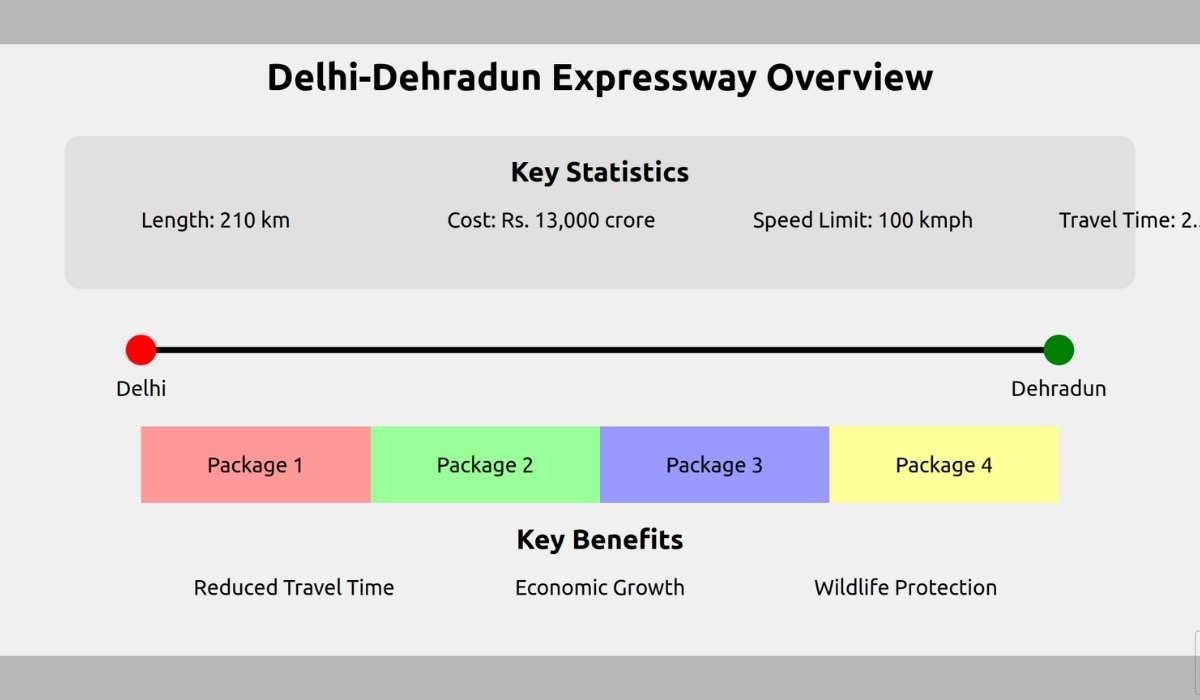Real estate scams are unfortunately prevalent in the Indian market, and it is crucial for prospective buyers and investors to be aware of these fraudulent practices. In this article, we will discuss common real estate scams, provide real-life examples, highlight warning signs, and offer expert advice on how to protect yourself from falling victim to such scams.
Common Real Estate Scams in India
1. Fake Property Listings:
One of the most common scams is the creation of fake property listings. Scammers often use online platforms to advertise properties that do not exist or are not for sale. They may use stolen photos and provide false information to lure unsuspecting buyers.
2. Title Fraud:
Title fraud occurs when someone fraudulently claims ownership of a property. Scammers may forge documents or manipulate records to make it appear that they are the rightful owners. Buyers who unknowingly purchase a property involved in title fraud can face legal issues and financial loss.
3. Unauthorized Projects:
Another scam involves developers selling properties without obtaining the necessary approvals and permissions from the relevant authorities. Buyers who invest in such unauthorized projects may find themselves in legal battles or lose their entire investment.
Warning Signs of Real Estate Scams
1. Unrealistic Prices:
If a property is being offered at an unusually low price compared to similar properties in the area, it could be a red flag. Scammers often lure buyers with attractive prices to entice them into making hasty decisions.
2. Pressure Tactics:
Be cautious if the seller or agent is pressuring you to make a quick decision or sign documents without thoroughly reviewing them. Scammers often use high-pressure tactics to prevent buyers from conducting proper due diligence.
Unlock Your Dream Home Today!
Get personalized real estate insights delivered straight to your inbox.
3. Lack of Documentation:
If the seller is unable to provide essential documents such as the title deed, approved building plans, or occupancy certificate, it is a warning sign. Proper documentation is crucial to verify the legitimacy of a property.
Protecting Yourself from Real Estate Scams
1. Conduct Thorough Research:
Before entering into any real estate transaction, research the property, developer, and seller. Verify the authenticity of the property documents and check if the project has all the necessary approvals.
2. Visit the Property:
Always visit the property in person to ensure that it matches the description provided. If the seller refuses or makes excuses to prevent you from visiting the property, it could be a scam.
3. Hire a Professional:
Engage the services of a reputable real estate lawyer or a property consultant who can guide you through the buying process and help identify any red flags.
4. Verify the Seller’s Identity:
Ask for the seller’s identification documents and cross-check the details with the property documents. Scammers often pose as sellers using fake identities.
5. Use Escrow Services:
Consider using escrow services to protect your funds during the transaction. An escrow service holds the funds until all the terms of the agreement are met, providing an added layer of security.
FAQs:
Q: What are some common real estate scams in India?
A: Common real estate scams include fake property listings, title fraud, and unauthorized projects where developers sell properties without obtaining necessary approvals.
Q: What are some warning signs of a real estate scam?
A: Warning signs include unrealistic prices, high-pressure tactics from sellers or agents, and a lack of proper documentation regarding the property.
Q: How can I protect myself from real estate scams?
A: Conduct thorough research, visit the property, hire a professional real estate lawyer or consultant, verify the seller’s identity, and consider using escrow services to protect your funds.
Conclusion
Real estate scams are a serious concern in India, but by being vigilant and conducting proper due diligence, you can protect yourself from falling victim to such scams. Always remember to research, visit the property, and seek professional advice before making any real estate investment. By following these steps, you can minimize the risk of becoming a victim of real estate fraud.
Common real estate scams include fake property listings, title fraud, and unauthorized projects where developers sell properties without obtaining necessary approvals.
Warning signs include unrealistic prices, high-pressure tactics from sellers or agents, and a lack of proper documentation regarding the property.
Conduct thorough research, visit the property, hire a professional real estate lawyer or consultant, verify the seller's identity, and consider using escrow services to protect your funds.
A fake property listing is an advertisement for a property that does not exist or is not for sale, often using stolen photos and false information to lure buyers.
Title fraud occurs when someone fraudulently claims ownership of a property, often by forging documents or manipulating records.
Unauthorized projects are properties sold by developers who have not obtained the necessary approvals and permissions from relevant authorities.
Visiting the property helps ensure that it matches the description provided and allows you to identify any potential scams, especially if the seller refuses access.
You can verify the seller's identity by asking for their identification documents and cross-checking the details with the property documents.
Escrow services hold your funds during a transaction until all terms of the agreement are met, providing an added layer of security against scams.
If you suspect a real estate scam, cease all transactions with the seller, conduct further research, and consider reporting the matter to local authorities.
Common real estate scams include fake property listings, title fraud, and unauthorized projects where developers sell properties without obtaining necessary approvals.
Warning signs include unrealistic prices, high-pressure tactics from sellers or agents, and a lack of proper documentation regarding the property.
Conduct thorough research, visit the property, hire a professional real estate lawyer or consultant, verify the seller's identity, and consider using escrow services to protect your funds.
Report the listing to the platform it was found on and avoid engaging with the seller. Always verify the legitimacy of a property before proceeding.
Check with local authorities for records of ownership and approvals. It may also be beneficial to consult a real estate lawyer for assistance.
Investing in unauthorized projects can lead to legal disputes, loss of investment, and difficulty in claiming ownership of the property.
Visiting the property allows you to confirm its existence and condition, ensuring that it matches the seller's description and claims.
Be cautious and take your time to conduct due diligence. Legitimate sellers will allow you to review documents and make informed decisions.
Escrow services hold funds until all terms of the transaction are met, providing security for buyers and reducing the risk of fraud.
You should request the title deed, approved building plans, and an occupancy certificate to ensure the legitimacy of the property.
Common real estate scams include fake property listings, title fraud, and unauthorized projects where developers sell properties without obtaining necessary approvals.
Warning signs include unrealistic prices, high-pressure tactics from sellers or agents, and a lack of proper documentation regarding the property.
To protect yourself, conduct thorough research, visit the property, hire a professional real estate lawyer or consultant, verify the seller's identity, and consider using escrow services to protect your funds.
Title fraud occurs when someone fraudulently claims ownership of a property, often by forging documents or manipulating records to appear as the rightful owner.
Visiting the property allows you to ensure it matches the description provided. If the seller refuses or makes excuses, it could indicate a scam.
Fake property listings are advertisements for properties that do not exist or are not for sale, often using stolen photos and false information to lure buyers.
Proper documentation, such as the title deed and approved building plans, is crucial for verifying the legitimacy of a property and protecting against scams.
If a property is offered at an unusually low price compared to similar properties in the area, it may be a red flag indicating a potential scam.
Escrow services hold the buyer's funds until all terms of the agreement are met, providing an added layer of security against potential scams.
If you feel pressured by the seller or agent to make a quick decision or sign documents without thorough review, it's essential to pause and conduct additional research, as this could be a sign of a scam.
DISCLAIMER
The information provided on this website is for general informational purposes only. While we strive to keep the content up-to-date and accurate, we make no representations or warranties of any kind, express or implied, about the completeness, accuracy, reliability, suitability, or availability of the information, products, services, or related graphics contained on this website.
In no event will we be liable for any loss or damage including without limitation, indirect or consequential loss or damage, or any loss or damage whatsoever arising from loss of data or profits arising out of, or in connection with, the use of this website.
Real Estate Investment Risks
Real estate investments involve significant risks and market volatility. Property values, rental rates, and market conditions can fluctuate. Past performance is not indicative of future results.
Before Making Real Estate Decisions
Before making any real estate decision, we strongly advise you to:
- Conduct thorough due diligence
- Consult with qualified legal, financial, and real estate professionals
- Carefully review all relevant documents and contracts
- Consider your personal financial situation and investment goals
This website does not provide legal, financial, or investment advice. All content is for informational purposes only and should not be construed as professional advice or recommendations.
By using this website, you acknowledge and agree to these terms. We reserve the right to modify this disclaimer at any time without notice.







